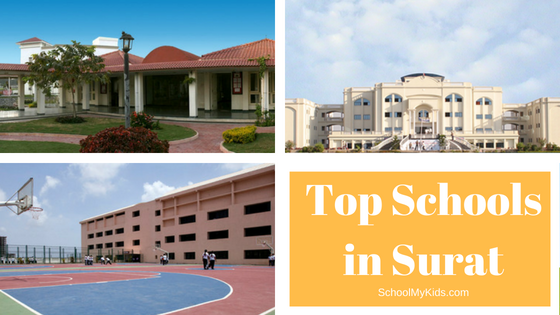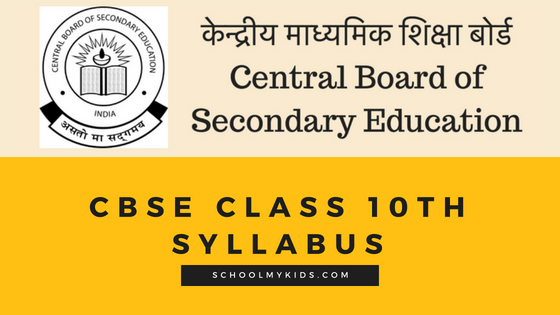As the world rapidly evolves, the skills required for successful careers are shifting. With advancements in technology, increased globalization, and changes in the job market, it’s essential to equip students with 21st-century skills that go beyond traditional academic knowledge. Here’s a look at the essential skills students need to thrive in a dynamic world and how educators can foster these competencies.
1. Critical Thinking and Problem-Solving
In today’s complex world, the ability to analyze issues, think critically, and solve problems is vital. Employers value professionals who can approach challenges analytically and find solutions creatively.
- Example: In science classes, students can engage in project-based learning where they’re asked to solve real-world problems, like reducing waste or improving community health.
- Impact: Critical thinking builds adaptability, enabling students to tackle diverse challenges with confidence and resilience. It also prepares them to think on their feet and innovate in unpredictable situations.
2. Digital Literacy and Technology Skills
With the rise of technology in every field, digital literacy has become a fundamental skill. This includes not only understanding how to use digital tools but also knowing how to assess, interpret, and responsibly manage digital information.
- Example: Incorporating coding, data analysis, and digital research into the curriculum gives students practical experience with technology. Assignments that require safe internet research also promote responsible use.
- Impact: Digital literacy prepares students to succeed in tech-centric careers and makes them adaptable to future technological advancements. It also enables them to navigate digital spaces safely and responsibly.
3. Communication and Collaboration
Clear communication and effective collaboration are key to success in any career. As workplaces become more interconnected, students must know how to express ideas clearly, listen actively, and work in diverse teams.
- Example: Group projects, presentations, and public speaking exercises in the classroom foster communication skills. Working in teams for science labs or humanities projects also teaches students how to collaborate and respect diverse perspectives.
- Impact: These skills build interpersonal confidence, helping students succeed in both professional and personal environments. Strong communicators and collaborators are better at navigating challenges and contributing to team success.
4. Adaptability and Flexibility
Today’s rapidly changing world demands professionals who can adapt to new roles, technologies, and challenges. Adaptability allows students to embrace change and continue growing in their careers.
- Example: Encouraging students to take on varied assignments, such as adapting to remote or hybrid learning, helps them develop flexibility and resilience.
- Impact: Adaptability builds a mindset that embraces change as an opportunity rather than a setback, which is essential in a fast-paced, evolving job market.
5. Emotional Intelligence (EQ)
Emotional intelligence—understanding and managing one’s emotions as well as empathizing with others—is increasingly recognized as crucial for workplace success. EQ helps students build strong relationships, work well in teams, and handle stress.
- Example: Schools can implement social-emotional learning (SEL) programs, which teach students to recognize emotions, manage stress, and show empathy. Activities like group discussions and reflective journaling also enhance EQ.
- Impact: Emotional intelligence strengthens resilience, improves relationships, and helps students navigate workplace dynamics with maturity and empathy.
6. Financial Literacy and Economic Awareness
Basic financial literacy, including budgeting, saving, and understanding investments, is essential for personal and professional success. Additionally, understanding the basics of economics helps students make informed decisions.
- Example: Financial literacy programs that teach budgeting, savings, and understanding credit can be integrated into math or social studies classes. Real-world simulations like “mock investing” also build economic awareness.
- Impact: Financially literate students are better prepared to manage personal finances and understand economic trends, making them more self-reliant and aware of the larger economic landscape.
7. Cultural Awareness and Global Citizenship
In an increasingly interconnected world, cultural awareness and a sense of global citizenship are invaluable. Understanding and respecting diverse cultures fosters inclusivity and prepares students to work in international or multicultural settings.
- Example: Language classes, history lessons on global events, and cultural exchanges promote global awareness. Projects that address global issues, like climate change, also nurture a sense of responsibility toward the world.
- Impact: Cultural awareness enables students to collaborate effectively in diverse environments and approach global challenges with empathy and insight.
8. Creativity and Innovation
In a world that values innovation, creativity is a core skill. It empowers students to think outside the box, explore new ideas, and develop solutions to unique problems.
- Example: Incorporating art, design thinking, and innovation labs in schools can foster creativity. Assignments that encourage creative expression, like writing, art, and open-ended projects, give students the freedom to explore and invent.
- Impact: Creative thinkers are better equipped to drive innovation, adapt to changing landscapes, and contribute fresh ideas to their fields, making them valuable assets in the workforce.
How Educators Can Integrate 21st-Century Skills
Educators play a vital role in preparing students for these challenges. Here are some ways to incorporate 21st-century skills into the classroom:
- Project-Based Learning: Assigning real-world projects encourages critical thinking, collaboration, and adaptability.
- Tech-Enhanced Learning: Integrating digital tools like coding apps, online research, and virtual simulations can build tech-savviness.
- Social-Emotional Learning (SEL): Including SEL programs enhances students’ emotional intelligence and resilience.
- Global Awareness Activities: Encouraging discussions on global issues, cultural exchanges, and language learning builds global citizenship.
Conclusion: Equipping Students for the Future
Preparing students for a changing world requires more than traditional academics. By fostering essential 21st-century skills like critical thinking, digital literacy, emotional intelligence, and creativity, educators can empower students to succeed in diverse and dynamic careers. These skills not only enhance academic success but also prepare students to be resilient, adaptable, and empathetic global citizens ready to make meaningful contributions to society.







